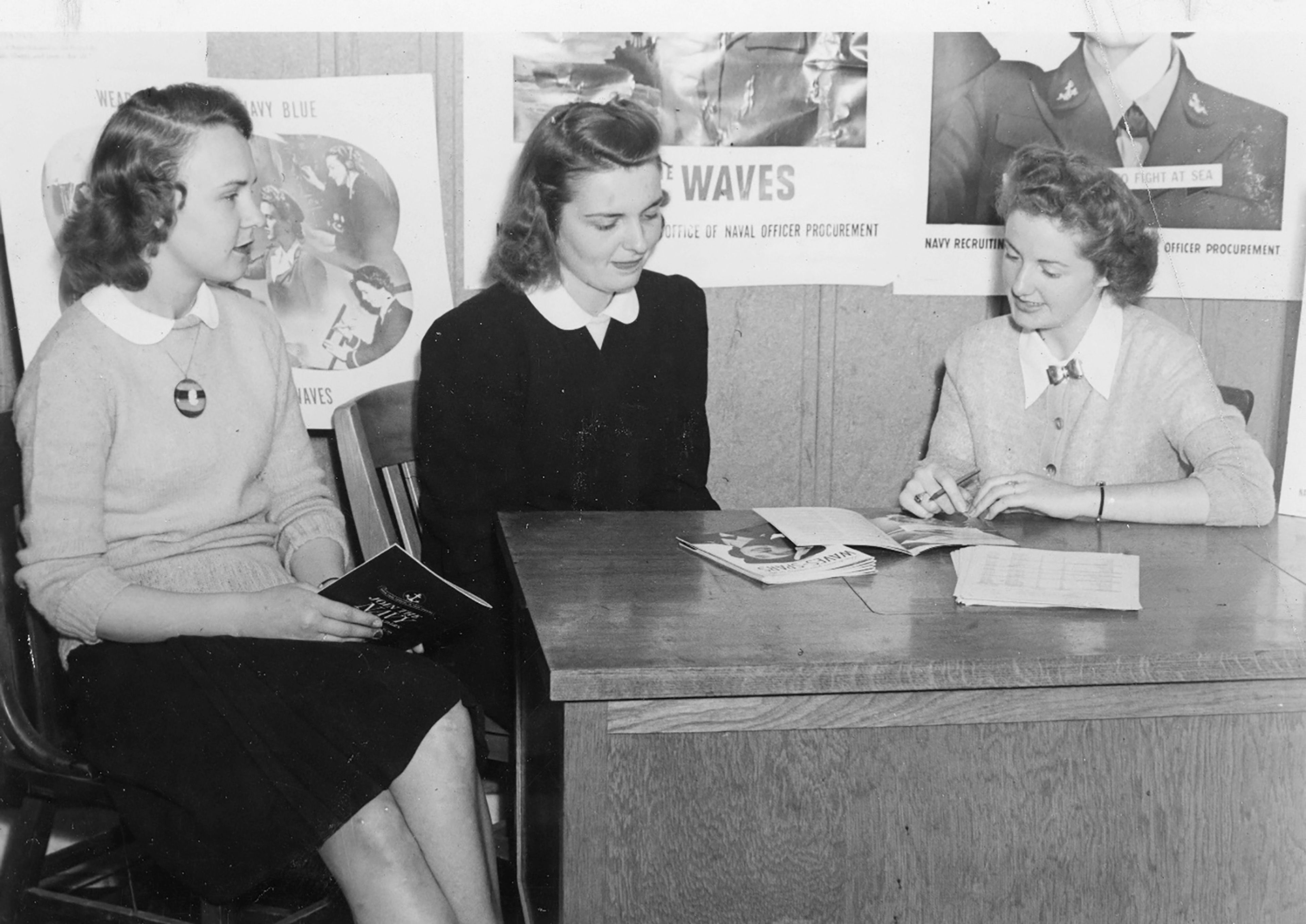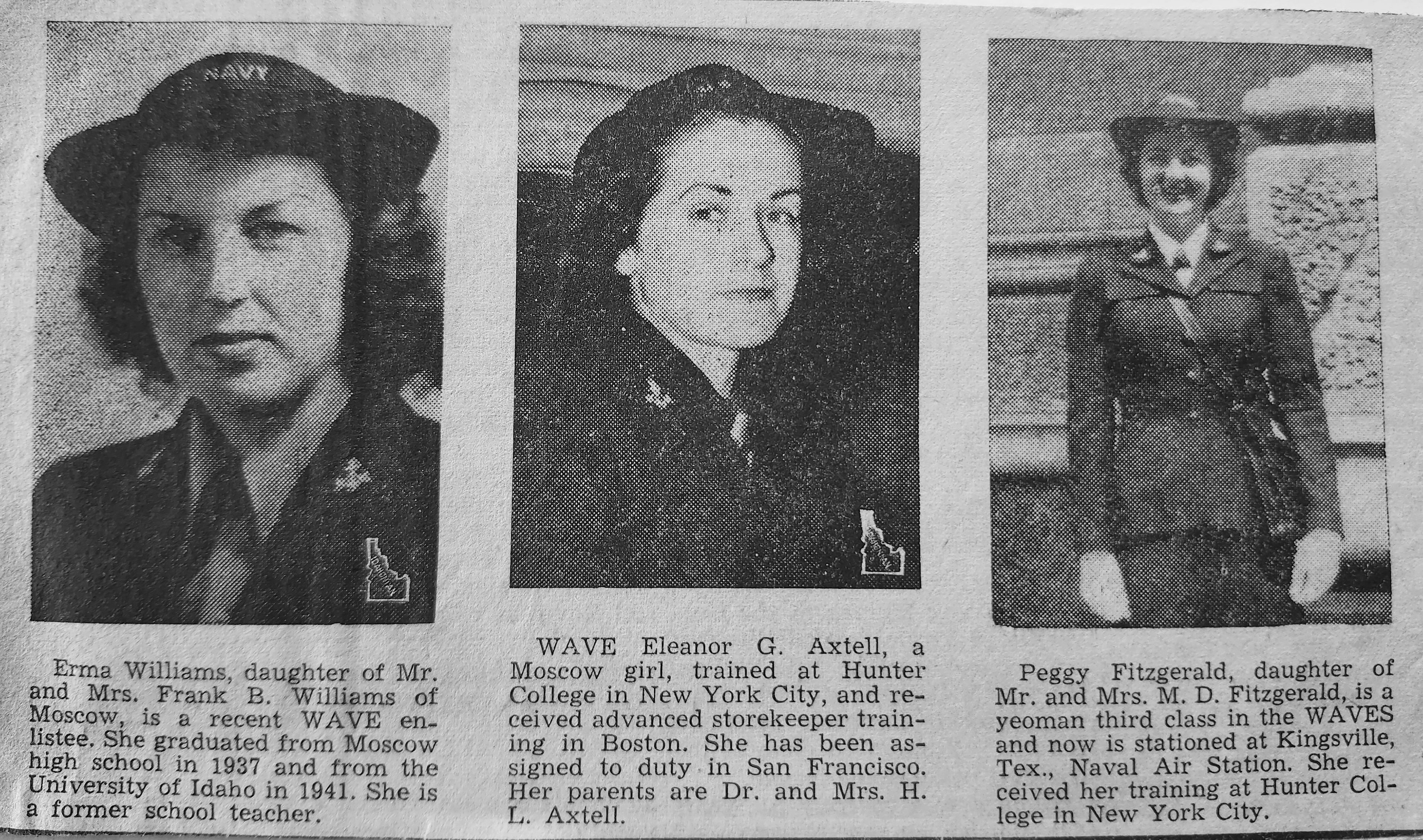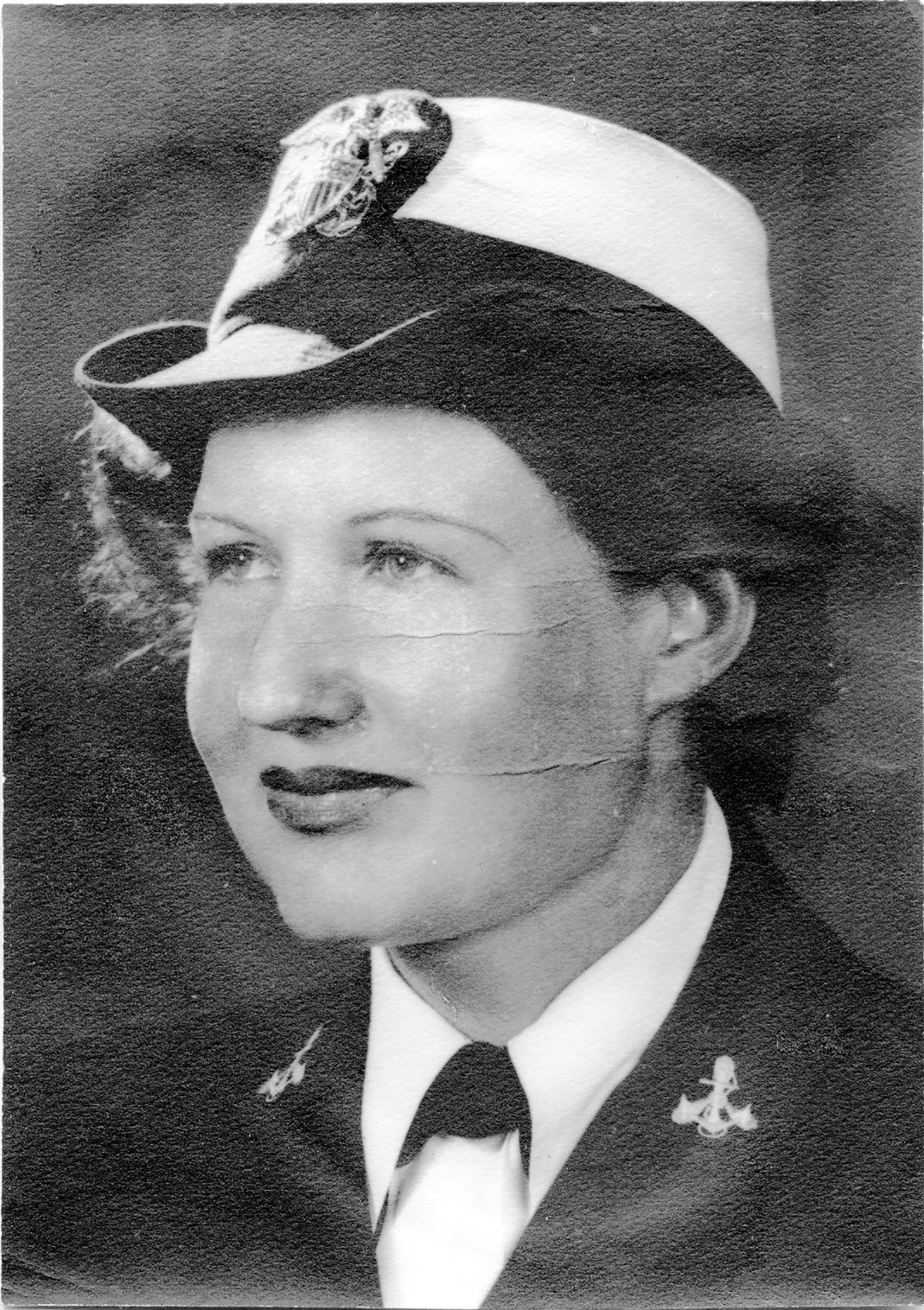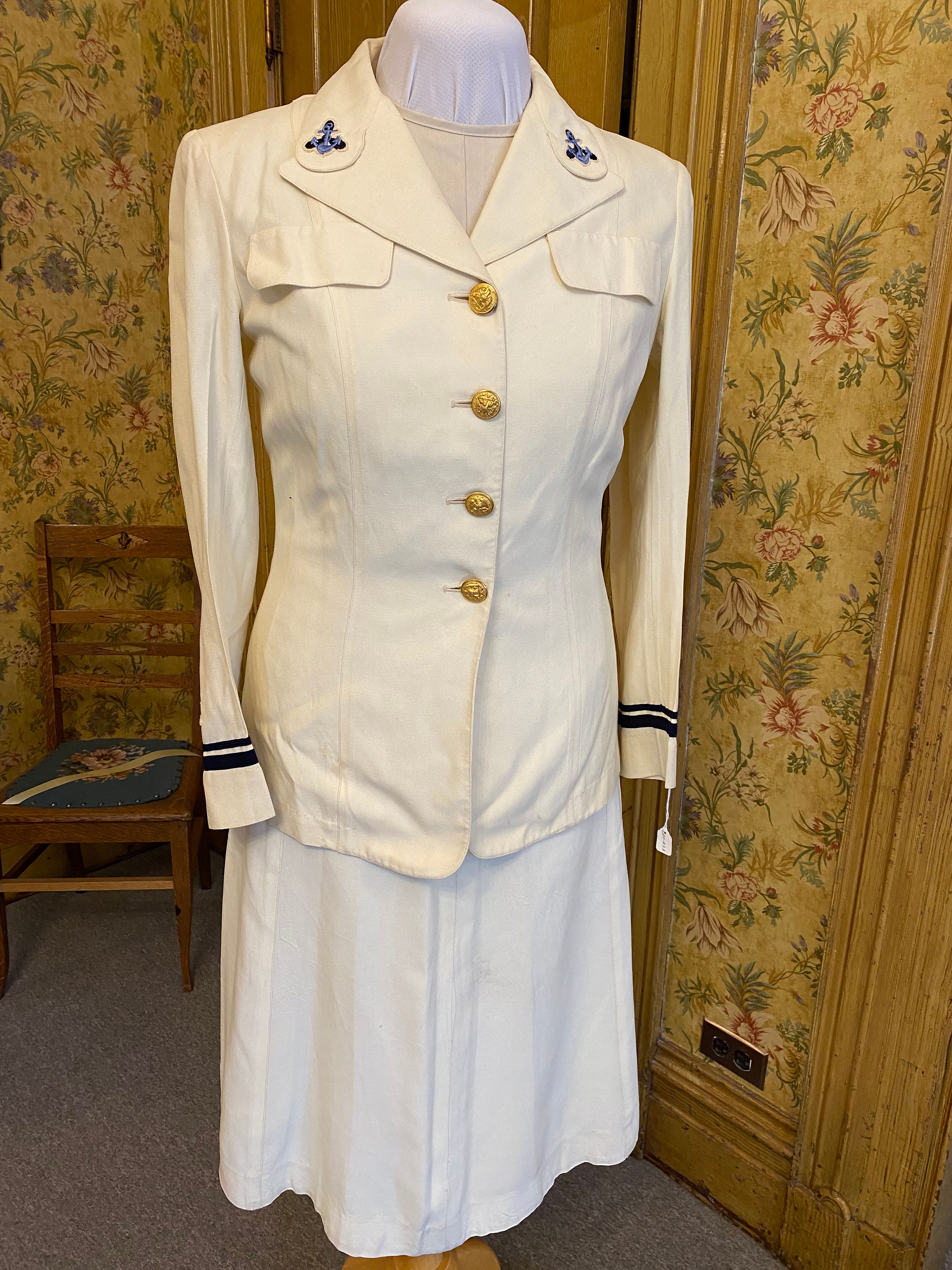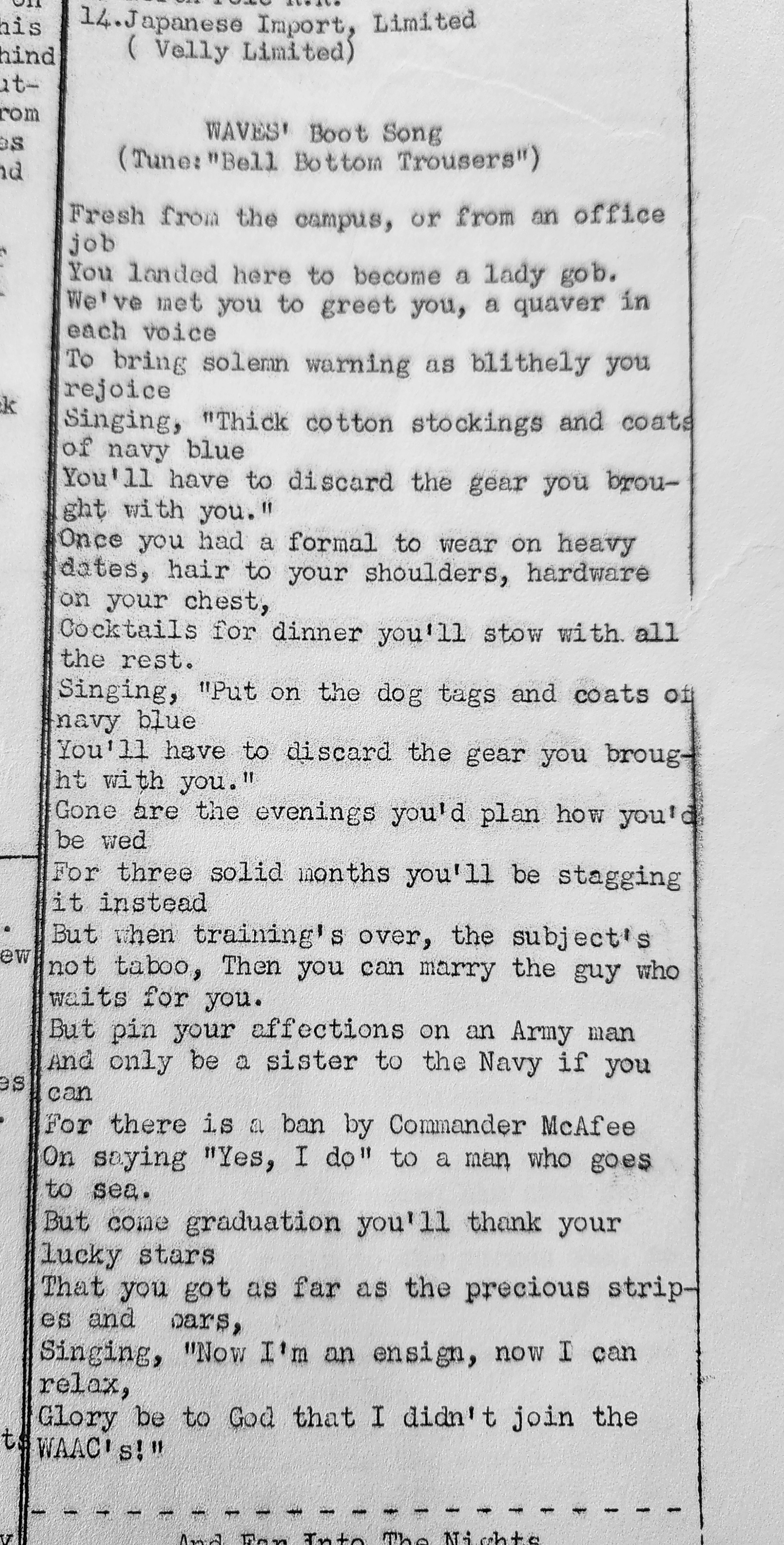This Veteran’s Day, remember to honor the role women have played
This Veteran’s Day we recognize Idaho’s military history and its service members, thanking them for their sacrifices and service.
Idaho is a landlocked state, so one wouldn’t think Idaho has much history with the U.S. Navy. That would be incorrect. Idaho’s military history does, indeed, extend to include the U.S. Navy, especially during World War II. The Navy’s use of Lake Pend Oreille to establish the Farragut Naval Training Station created the second largest naval training base in the country from 1942 to 1946.
The number of recruits coming to Farragut from around the country also made it the largest “city” in Idaho. Many people know about Farragut and its history, but few are familiar with the naval operations outside of Lake Pend Oreille in Idaho. One of those was at the University of Idaho in Moscow.
The University of Idaho saw thousands pass through its doors as part of the Naval Radio Training School. There, sailors learned all about how to effectively receive and send radio codes before shipping overseas for the war effort. The Radio Training School saw classes of 70 rotating through campus for 19 weeks of instruction. Those classes graduated every two weeks and were replaced with a new class of sailors. The trainees lived in the dormitories on campus thanks to low enrollment at the University. The Radio Training School was open from 1942 to 1945.
At both Farragut and the University, the sheer volume of paperwork meant that civilians and women were required to keep operations going. Many of those women were part of the WAVES, Women Accepted for Volunteer Emergency Service, established in 1942. As a member of the WAVES, women worked as mechanics, drivers, hospital staff, in logistical positions and as clerks, plus many more, to keep Navy operations flowing smoothly. As many as 100,000 women served as WAVES and were stationed all over the country, including Farragut and the University of Idaho.
The call of the U.S. Navy was felt in other ways too. Moscow women seeking opportunities to serve their country also joined the WAVES. Moscow locals Erma Williams, Eleanor G. Axtell, and Peggy Fitzgerald all joined the WAVES, leaving Idaho behind for San Francisco, New York and Texas. Ruth Wilkins, a Navy veteran from Weiser, Idaho, recalled that joining the Navy meant being “in there with the boys” and wearing her uniform with pride.
One Navy woman who did not start out in Moscow, but ended up there, was Gladys Irene Bellinger. Bellinger grew up in Kansas but joined the WAVES in 1943. She was stationed in San Francisco for three years, eventually reaching the rank of lieutenant. Bellinger worked as a personnel officer and counselor for the chaplain corps.
Unfortunately, details about her service are sparce. After the war, she obtained her master’s and doctorate degrees in child development and home sciences. In 1960, Bellinger was hired as the head of the home economics department at the University of Idaho. She remained in Moscow upon her retirement from the University in 1979, dedicating her time to local organizations. Another donation included her Navy paperwork, WAVES uniform, and other military ephemera to the Latah County Historical Society collection.
Now, women represent the fastest growing group in the veteran population, according to the Department of Veterans Affairs. Since World War II, women have fought to obtain equal status in the military and continue to break down barriers with their service, proving that women are a necessary piece of American military effectiveness.
Despite their small, but rising numbers, women are an integral component that cannot be forgotten in our nation’s military history. There are more than two million women veterans living today who represent all branches of the military. These are just a few examples in Idaho’s long military history.
This Veteran’s Day, thank the service members in your life, especially the women, for all they have sacrificed, fought for, and continue to fight for.
Noble is the executive director of the Latah County Historical Society.

